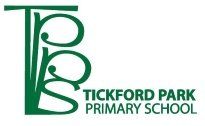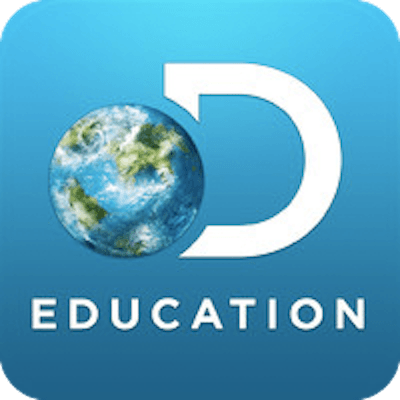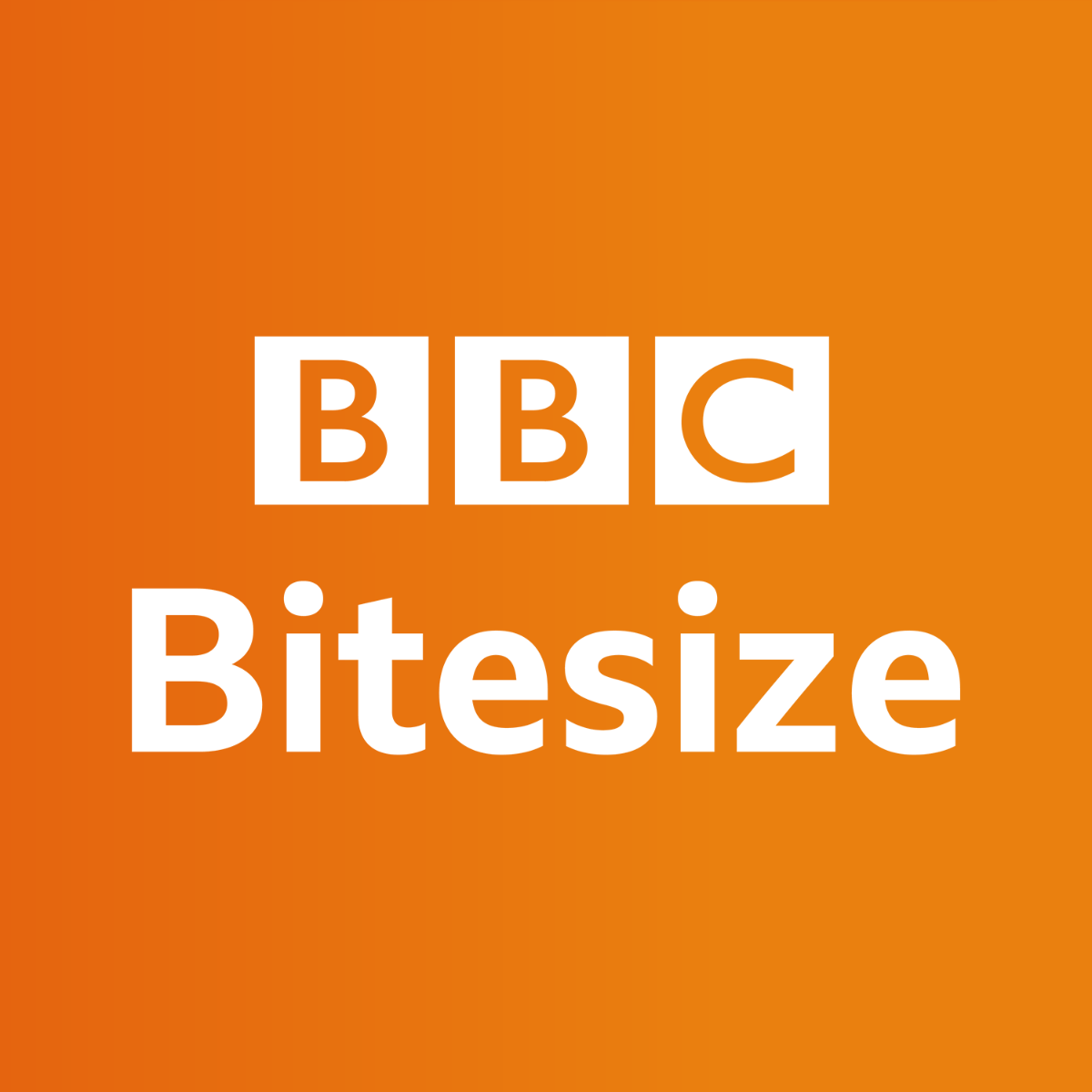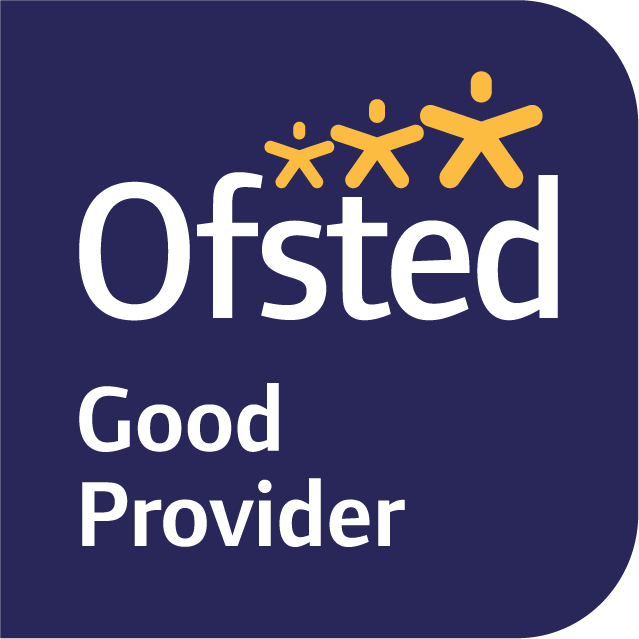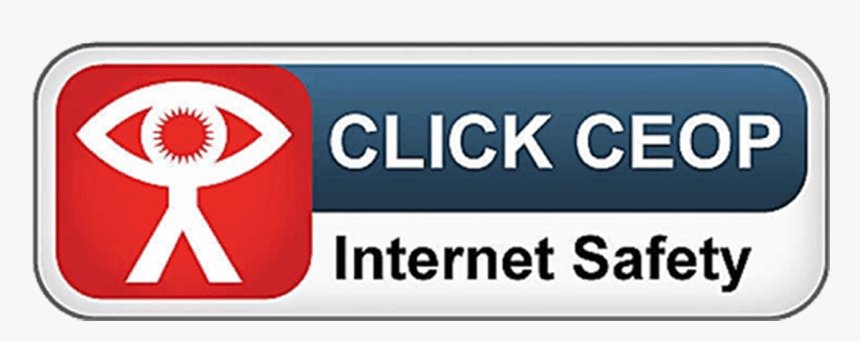Science
At Tickford Park Primary School, we recognise the importance of Science in every aspect of daily life. As one of the core subjects taught in Primary Schools, we give the teaching and learning of Science the prominence it requires.
Science - Curriculum Intent
Ambition
At Tickford Park Primary, we follow the Kapow Primary Science curriculum, designed to spark excitement and curiosity about the world around us. It helps children understand how science shapes the past, present and future. The curriculum builds a strong foundation in biology, chemistry and physics, while also teaching key scientific skills. It is inclusive, ensuring that all children can enjoy science and connect it to their everyday lives.
Our science curriculum focuses on:
- Developing both scientific knowledge and practical skills.
- Encouraging curiosity and excitement about the world.
- Challenging misconceptions and uncovering the truth.
- Building on scientific skills with each unit to ensure continuous learning.
- Promoting critical thinking and the ability to ask good questions and analyse evidence.
- Using scientific vocabulary to boost understanding and communication.
Implementation
Each unit is based on one of the key science disciplines: biology, chemistry and physics. The National curriculum content has been grouped into six key areas of science to show progression throughout the school: Plants. Animals, including humans. Living things and habitats. Materials. Energy. Forces, Earth and space.
Kapow Primary's Science curriculum is designed to meet the aims of the National Curriculum and Ofsted's guidance, focusing on three key areas:
- Scientific Knowledge: Understanding biology (living things), chemistry (materials) and physics (how the world works).
- Working Scientifically: Learning the processes and methods used to investigate and answer questions about the world around us.
- Science in Action: Exploring how science is used in the past, present and future to solve real-world problems.
Our curriculum revisits key topics as children progress, deepening their knowledge and skills over time. Through fun, hands-on activities, children develop both scientific knowledge and the ability to think like scientists. Lessons connect science to everyday life and other subjects, making learning more meaningful and relevant.
Each unit focuses on one of the key areas of science:
- Plants
- Animals, including humans
- Living things and habitats
- Materials
- Energy
- Forces, Earth and space
The curriculum emphasises practical activities and investigations, helping children explore concepts, develop important skills and build confidence in scientific enquiry.
Impact
Kapow Primary's Science curriculum provides ongoing opportunities for teachers to assess children’s progress through a mix of activities and quizzes. Each unit includes a quiz and assessment tool that can be used to track learning at the start or end of the unit. Pupils are also encouraged to use scientific vocabulary, which is part of the assessment process.
By the end of primary school, children will be well-prepared for Key Stage 3 science. They will have developed key skills to explore and question the world confidently, understand the impact of science on society and think critically about what they observe.
The expected outcomes of the Kapow Primary Science curriculum include:
- Building early scientific thinking through hands-on activities in Reception.
- Gaining foundational knowledge in biology (plants, animals, habitats, etc.), chemistry (materials, states of matter, etc.), and physics (forces, electricity, Earth and space, etc.).
- Learning how real scientists ask and answer questions.
- Using equipment to gather and record data accurately.
- Displaying and interpreting data through graphs and charts.
- Analysing data to find patterns and draw conclusions.
- Developing scientific literacy and using scientific vocabulary confidently.
- Building resilience and a growth mindset, especially during scientific investigations.
- Meeting the National Curriculum expectations for science by the end of primary school.


